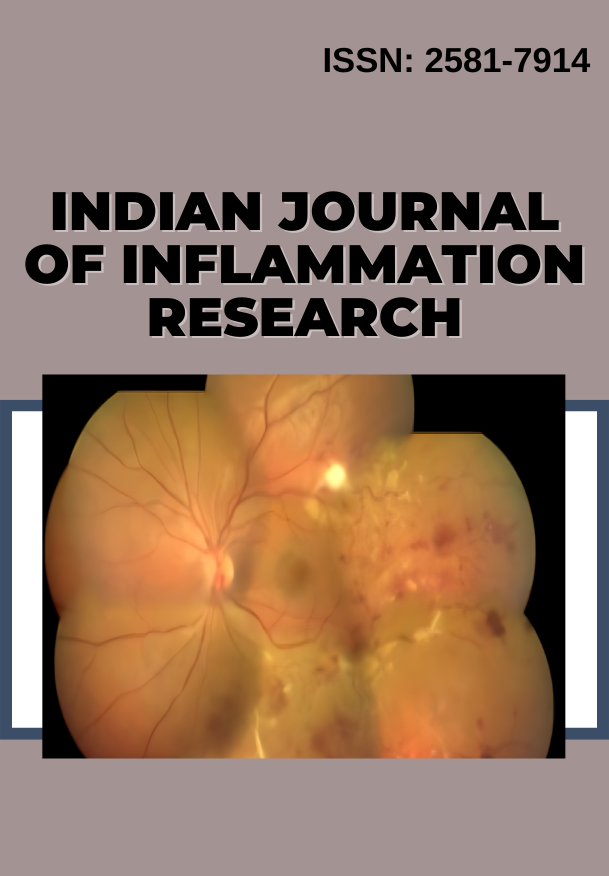The matricellular protein mindin induces a pro-inflammatory response in fibroblasts to manifest dermal fibrosis in scleroderma
Keywords:
Scleroderma, matricellular protein, pro-inflammatory, fibroblasts, ECM, SPON2Abstract
Scleroderma, or systemic sclerosis (SSc), is a rare autoimmune and genetic disease. It is characterized by chronic inflammation and fibrosis, primarily in the skin, and progresses to internal organs, including the heart, lungs, and kidneys. While the root cause of scleroderma remains elusive, a major driver of the pathology is chronically activated fibroblasts (myofibroblasts) that excessively secret extracellular matrix (ECM) proteins. The lack of an effective treatment for scleroderma underlies the need to elucidate the molecular mechanisms of scleroderma pathogenesis that will shed new insights into potential new routes of therapeutic intervention.
References
Rana I, Kataria S, Tan TL, Hajam EY, Kashyap DK, Saha D, et al. Mindin (SPON2) Is Essential for Cutaneous Fibrogenesis in a Mouse Model of Systemic Sclerosis. J Invest Dermatol. 2023 May;143(5):699-710.e10.

